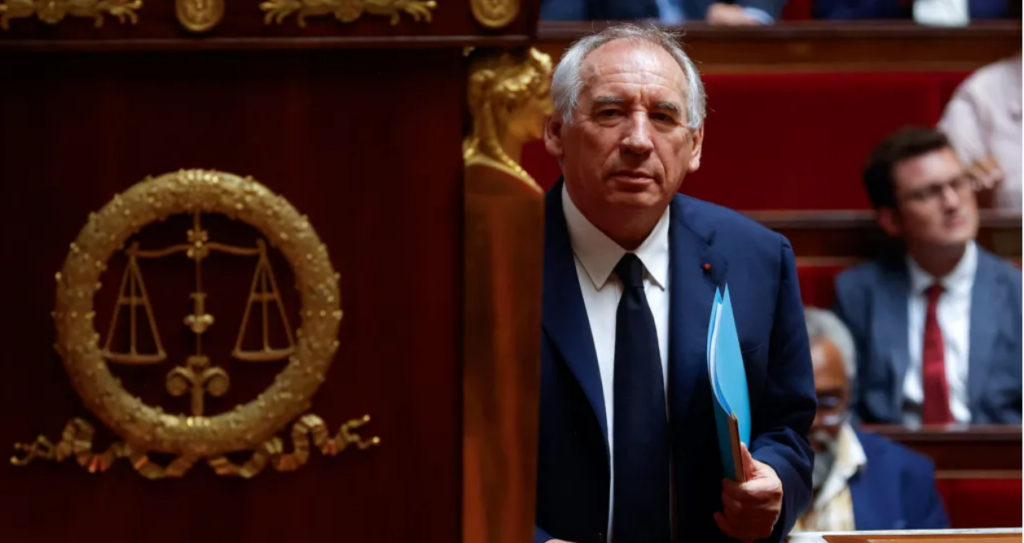French Prime Minister François Bayrou has resigned after losing a confidence vote in parliament. His departure ends just nine months in office. Bayrou is the fourth prime minister under President Emmanuel Macron in less than two years. The country is facing deep political instability.
How France Got Here
The crisis began in June 2024 when President Macron called snap parliamentary elections. He hoped to win a clear majority. Instead, the vote produced a hung parliament. This has made it hard for any prime minister to pass laws or approve the budget.
Bayrou’s government proposed €44 billion in budget cuts to reduce public debt. Opposition parties refused to support the plan. As a result, Bayrou lost the confidence vote.
Why France Is in Debt Trouble
France’s government has spent more than it earns for decades. Public debt reached €3,345 billion, or 114% of GDP, in early 2025. That is the third highest in the eurozone after Greece and Italy. Last year’s budget deficit was 5.8% of GDP. This year it is expected to be 5.4%.
An ageing population makes the problem worse. Fewer workers pay taxes while more people collect pensions. Bayrou wanted to reform pensions and other social programs. However, left-wing parties favor tax increases instead of spending cuts.
What Happens Next
President Macron must now choose a new prime minister. He could appoint someone from the left or the centre-right. Possible candidates include Olivier Faure, Bernard Cazeneuve, and Sebastien Lecornu.
Alternatively, Macron could call new parliamentary elections. But this is risky, as it may not produce a stable majority. Bayrou will remain as caretaker prime minister while the decision is made.
A Difficult Road Ahead
France now faces uncertainty. Political gridlock and debates over public debt will continue. With the 2027 presidential election approaching, these decisions will shape the country’s economic and political future.

